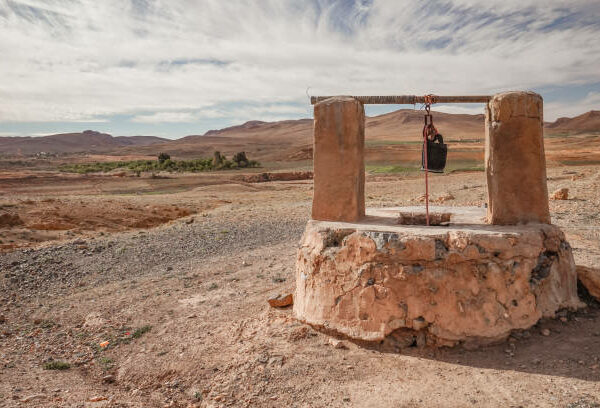
Our reception of Genesis 1:3 emphasizes the inherent power of God’s word, not only to improve lives but also to change (and create!) new structures. Just as God once brought order from chaos, God can do so again.

We all learn ways of negotiating life from our histories, families, religions, and our broader society. These passages suggest that some of what we learn can be deadly to our siblings and our neighbors, but we can explore different visions of God and abandon the toxic ways of thinking that are so often deeply embedded in our world.

Just as Jacob’s encounter brought new beginnings and transformation for him, embracing our true identities can lead to a powerful ripple effect within our communities. By cultivating a culture of acceptance, understanding, and celebration of individual uniqueness, we can foster an environment where marginalised voices get uplifted and empowered.

Whatever our exegesis of scripture and tradition may suggest, it is imperative that we take into account the pain and damage our religious piety causes to others. Is our perception of divine instruction sufficient justification for actual injury (physical, psychological, and/or spiritual) to our neighbors?

In the voices of the oppressed, one can listen to the voice of the divine. In this decolonial reading, one can excavate a liberative hermeneutic, which is life affirming and life nurturing. The lament of Hagar and her son Ishmael are echoed today in the voices of several people who are excluded in the society by the dominant, and the call for us today is to listen to the divine and work for a just world.

The laws at Sinai are no ball-and-chain, implementing a new form of slavery. They express the practical dimensions of life in freedom, the boundaries within which the nation can experience a life-giving form of service to the One who graciously rescued them from servitude. In short, they are revolutionary.

In the book of Genesis, after the changing of Jacob’s name to Israel, no one calls him by his new name. Instead, the name “Israel” seems to exist as his “true name” and Jacob as his “use name.” “Jacob” is the name that everyone calls him, but he knows that “Israel” is who he really is inside. God has named him “Israel,” and consequently, this will become his legacy.

Joseph’s claim that it was God who engineered the situation for good is indicative of a person, or at least a narrative character, who has experienced healing over time, away from his abusers. He has reframed his narrative to better suit how he sees himself and his world now, a world where he has power.

Subaltern hermeneutics offers two insights in this text, a “de-anthropomorphic” reading and “de-transcendental divine” reading. These readings offer hope to the subaltern communities in their journey of faith today and challenge all readers to seek partnerships with the creation, for Jesus is the crop….


